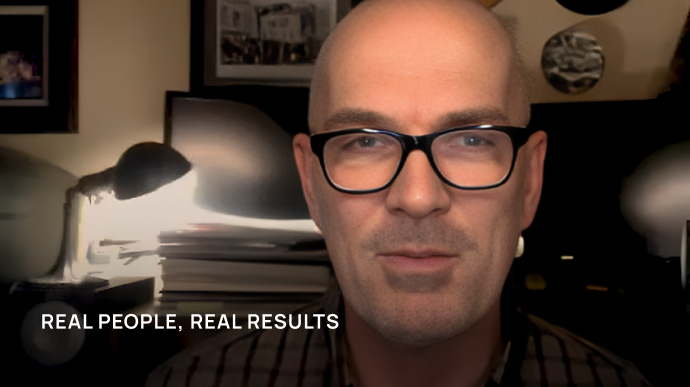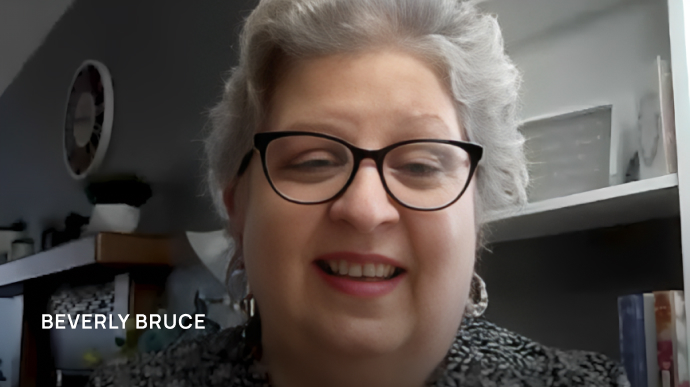Through no fault of their own, these beneficiaries are the victims of abusive fiduciaries (whether trustees, executors or conservators) who do not understand – or care to follow – their legal obligations. You should know:
- The law imposes strict guidelines on trustees and executors. They are held to the highest standard of care in all actions they undertake – and all actions they fail to undertake.
- However, some fiduciaries just don’t understand the legal obligations they must operate under. Ignorance of the law is no excuse.
- These fiduciaries think they have the freedom to do whatever they like, whenever they like, and it is the beneficiaries who then suffer the consequences. This abusive behavior is unacceptable.
At Albertson & Davidson, LLP, we have successfully attacked and defended California trustees and executors, so we understand these complex cases inside and out. We know when fiduciaries are not living up to their legal duties, and we have the legal know-how to take on these fiduciaries and stand up for the rights of abused trust and will beneficiaries.
Since the foundation of our law firm in 2008, our dedicated California trust beneficiary attorneys have provided legal representation to abused beneficiaries and recovered more than $250 million in verdicts and settlements for our deserving clients. Let us fight for you now. Schedule a free consultation today to discuss your case.
To consult with an experienced trust beneficiary attorney in California, call
(877) 637-7234










